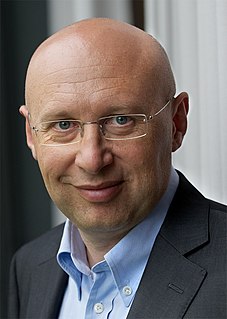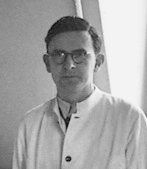A Quote by John Cornforth
Life does depend on accurate replication of molecules, and its complexity often requires that an enzyme shall accept one molecular species or type and transform it to equally specific products.
Related Quotes
My aging body transmits an ageless life stream. Molecular and atomic replacement change life's composition. Molecules take part in structure and in training, countless trillions of them. After my death, the molecules of my being will return to the earth and sky. They came from the stars. I am of the stars.
If you search the scientific literature on evolution, and if you focus your search on the question of how molecular machines - the basis of life - developed, you find an eerie and complete silence. The complexity of life's foundation has paralyzed science's attempt to account for it; molecular machines raise an as-yet-impenetrable barrier to Darwinism's universal reach.
There are thousands of proteins in the cells, some of them very large chains of molecules. And the cell doesn't function if one of those chains of molecules isn't there, and you start looking at the complexity of life and the mystery of life, and then start thinking about things like the twenty universal constants, that if any one of them from Plank's minimum to the mass of a proton, if one of them is the tiniest bit off, there would be no life or possibility of it in the universe.
An immune system of enormous complexity is present in all vertebrate animals. When we place a population of lymphocytes from such an animal in appropriate tissue culture fluid, and when we add an antigen, the lymphocytes will produce specific antibody molecules, in the absense of any nerve cells. I find it astonishing that the immune system embodies a degree of complexity which suggests some more or less superficial though striking analogies with human language, and that this cognitive system has evolved and functions without assistance of the brain.
It is now widely realized that nearly all the 'classical' problems of molecular biology have either been solved or will be solved in the next decade. The entry of large numbers of American and other biochemists into the field will ensure that all the chemical details of replication and transcription will be elucidated. Because of this, I have long felt that the future of molecular biology lies in the extension of research to other fields of biology, notably development and the nervous system.





































